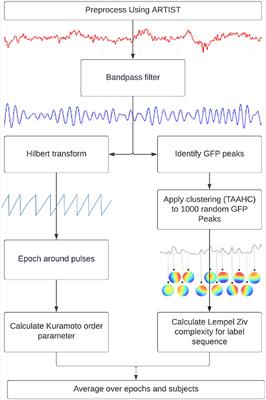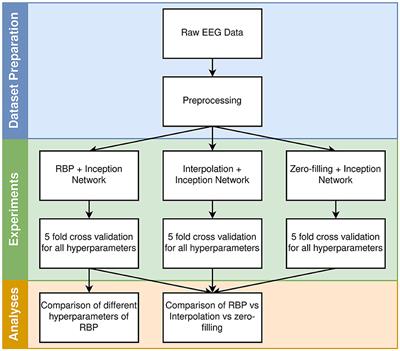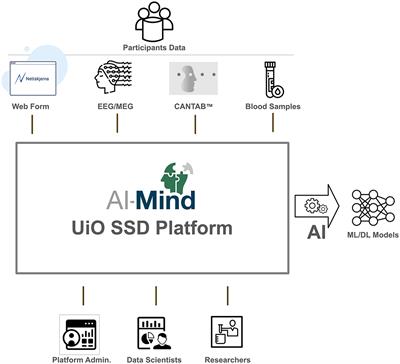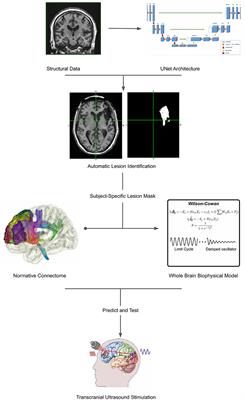ORIGINAL RESEARCH
Published on 19 Feb 2024
Metastability indexes global changes in the dynamic working point of the brain following brain stimulation

doi 10.3389/fnbot.2024.1336438
- 4,105 views
- 2 citations
3,504
Total downloads
24k
Total views and downloads
ORIGINAL RESEARCH
Published on 19 Feb 2024

ORIGINAL RESEARCH
Published on 30 Jan 2024

ORIGINAL RESEARCH
Published on 05 Jan 2024

PERSPECTIVE
Published on 30 Nov 2023

ORIGINAL RESEARCH
Published on 05 Oct 2023
